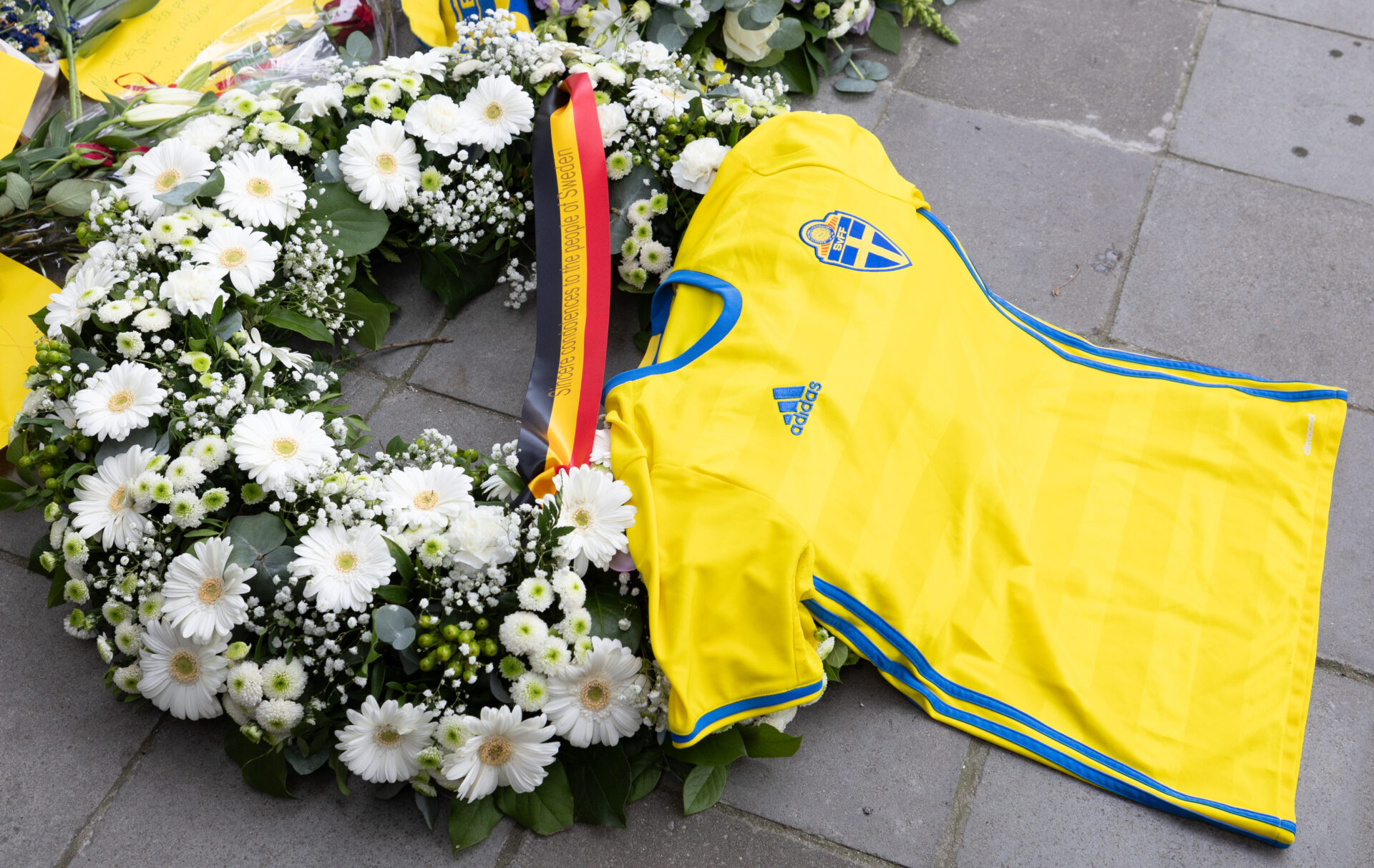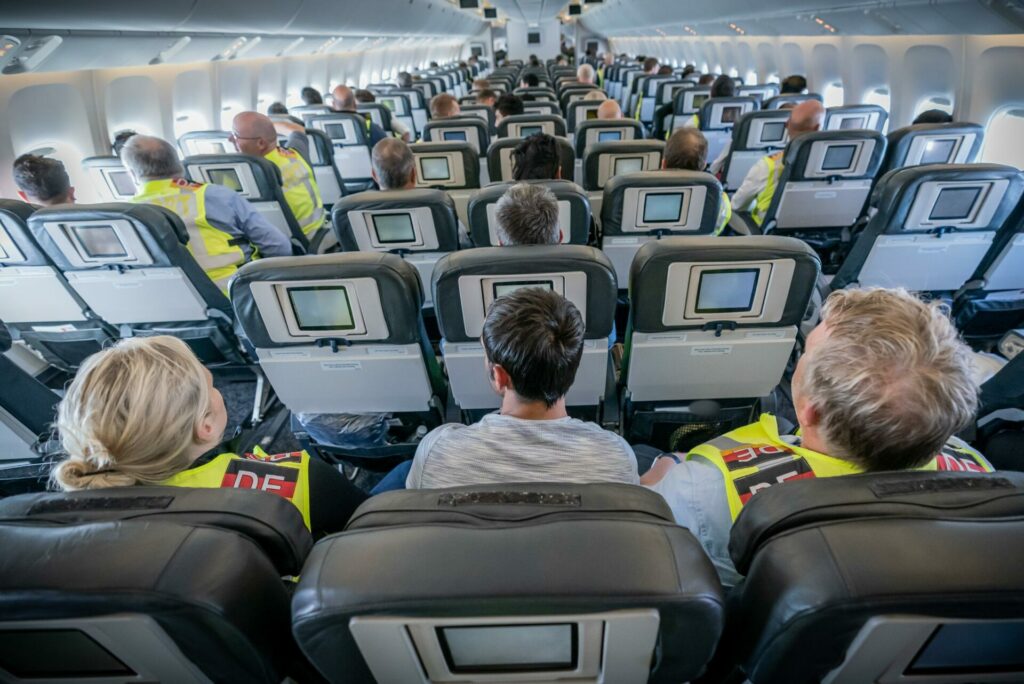In the aftermath of the terror attack in Brussels last month, a prospective law was discussed in parliament for the first time to ensure foreign nationals and asylum seekers required to leave the country actually do so.
State Secretary for Asylum and Migration Nicole de Moor on Wednesday introduced her draft law on proactive return policies, part of the migration deal which was approved by the Federal Government. The resolution aims to consolidate into Belgian legislation an obligation to cooperate.
"Previously, a person required to leave the country simply received a document, and the procedure ended there," de Moor said. "The recent attack on Swedish supporters demonstrated that past methods have not worked, and guidance is necessary during return processes."
Following the attack, it became clear that the perpetrator Abdesalem Lassoued had an unserved prison sentence of over 26 years in Tunisia. He had been convicted in his home country in 2005 of attempted murder, among other charges, but was already in prison for other crimes. He reportedly escaped from prison in 2011, and began travelling around Europe before ending up in Belgium.
He had been under an obligation to leave the country since 2021 after his asylum application was rejected. However, he had "disappeared from the radar" of the immigration services after his asylum application was rejected in October 2020, and was no longer listed in the national register, even though he was living in the Brussels commune with his wife and daughter.
Individual follow-up
Every year, between 30,000 and 50,000 people are ordered to leave Belgium. The new law, which de Moor said seeks to "make return policy more effective and humane", mandates cooperation in deportation procedures. "This means people will not just receive a paper telling people to leave the country, but that there will be an individual follow-up and duty to cooperate."

Flowers and a shirt of the Swedish national soccer team pictured at a commemoration for the victims of October's terror attack. Credit: Belga / Benoit Doppagne
The legislation, if passed, will ensure that support throughout all stages of the process is enhanced. Those asked to leave the country must cooperate with ICAM coaches, but also with their identification. They will also need to obtain the necessary travel documents, cooperate in the organisation of their trip, in the necessary medical examinations and in the transmission of medical certificates and attestations.
The draft law also states that any potential detention with the objective of forced return should be of the shortest possible duration, with alternatives to this detention being further developed. The presented bill also includes, as agreed within the government in March, a ban on detaining families with minor children in detention centres, much to the satisfaction of the government's left wing.
Related News
- Brussels urged to get undocumented homeless people off the street
- Amnesty urges Belgium to tackle 'self-inflicted' asylum seeker reception crisis
De Moor further clarified that the proactive return would not apply to "criminals", as enforced return will be directly applied to them. When a person does not cooperate, a more rapid move to a forced approach will be made.
Opposition groups have also submitted their own proposed bills. Notably, the right-wing N-VA party revisited the possibility of conducting home visits, reintroducing a controversial measure that failed to materialise with the previous government.

